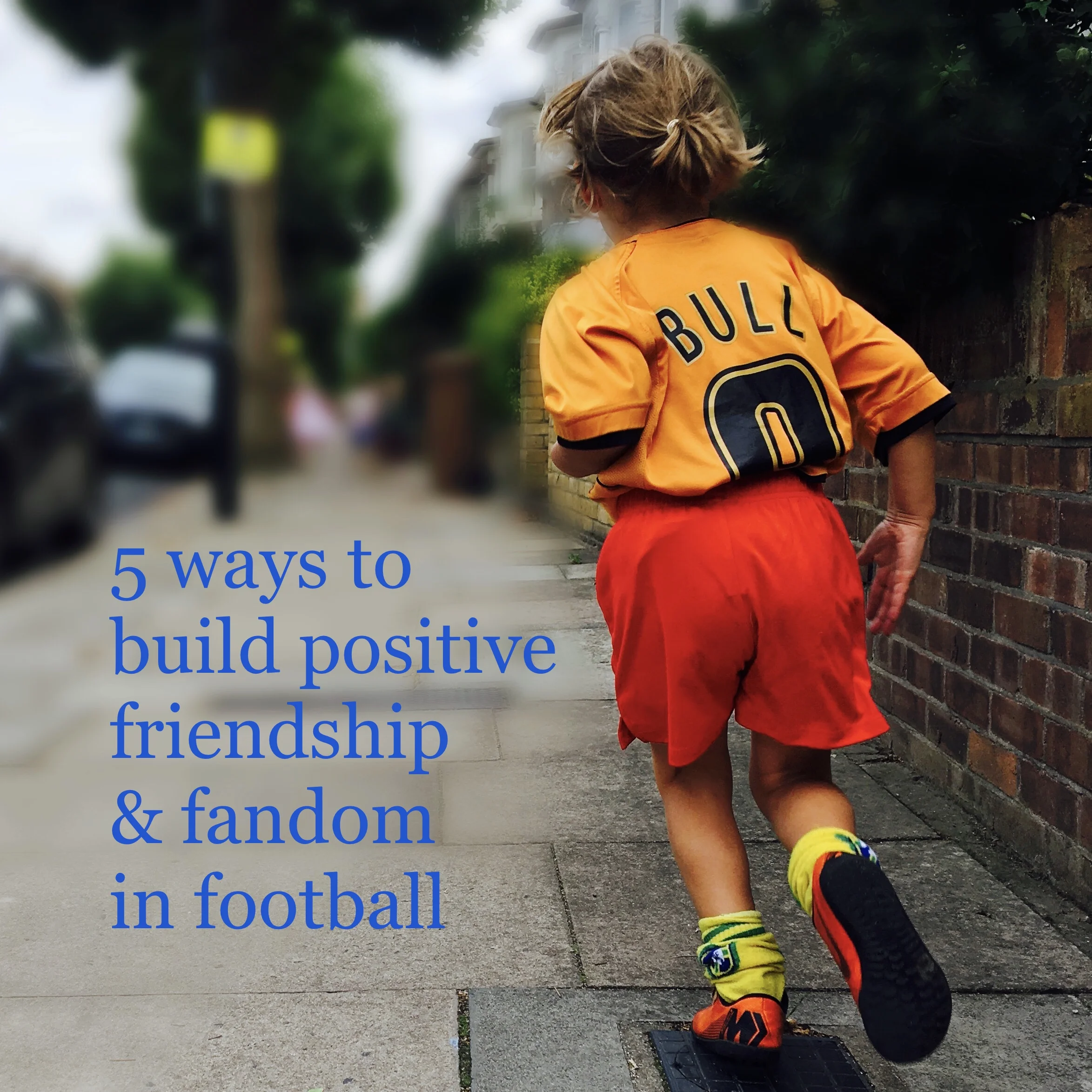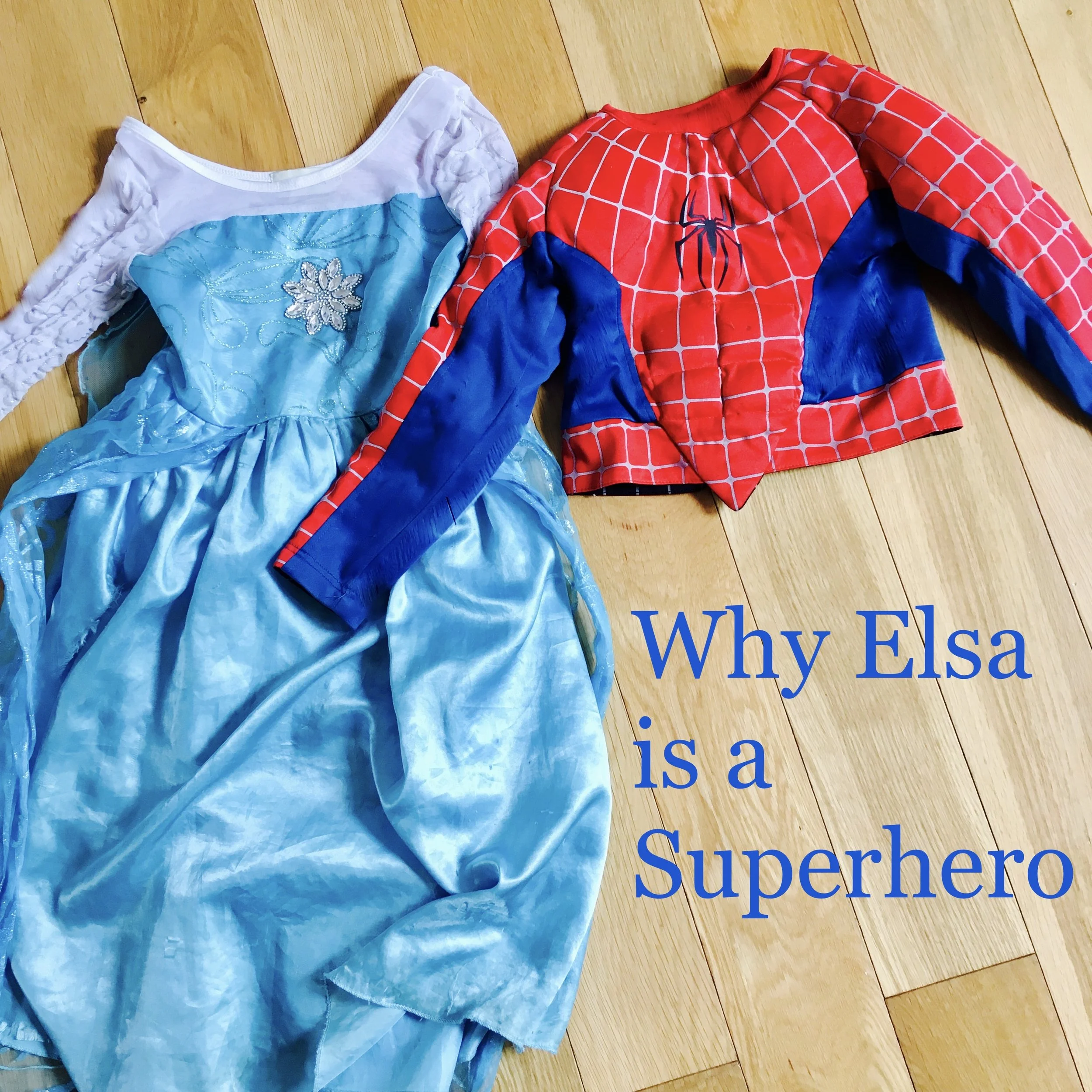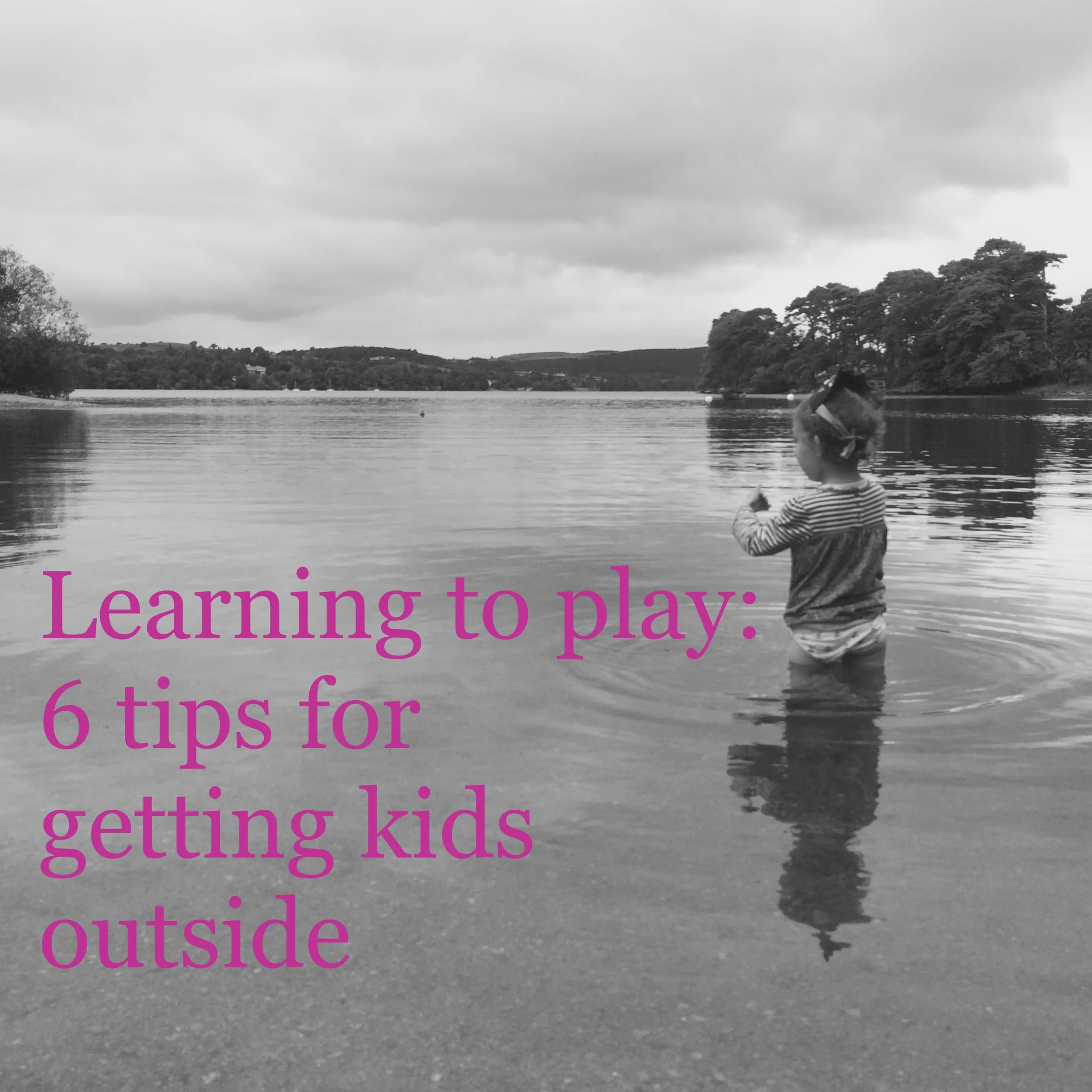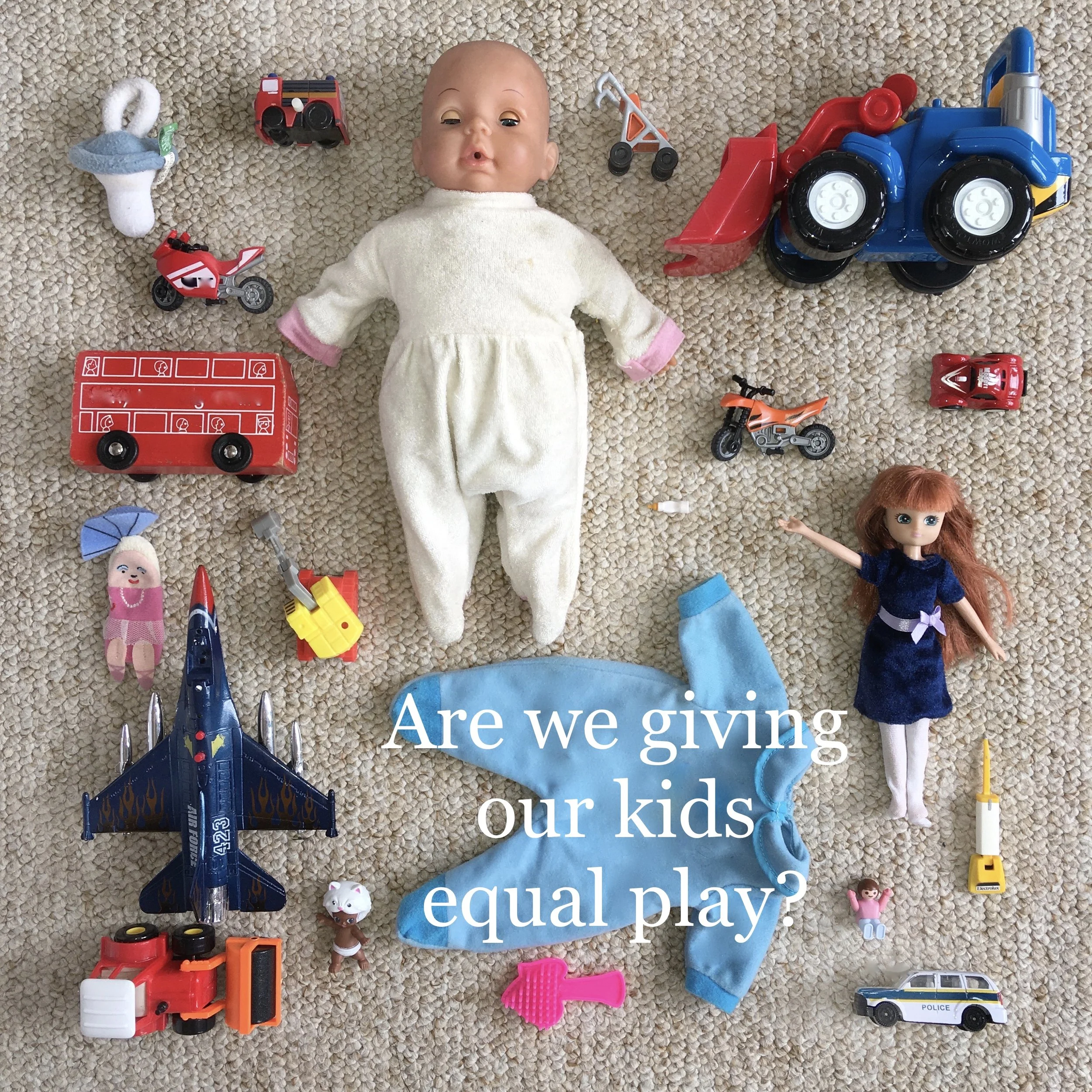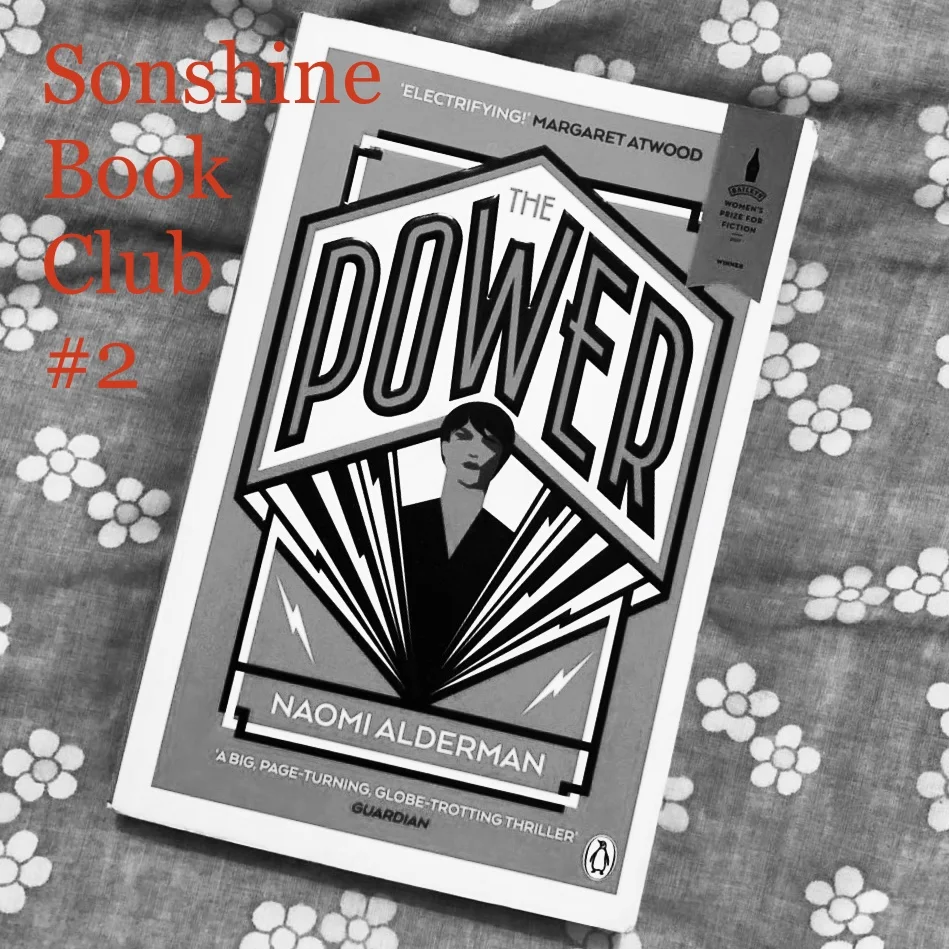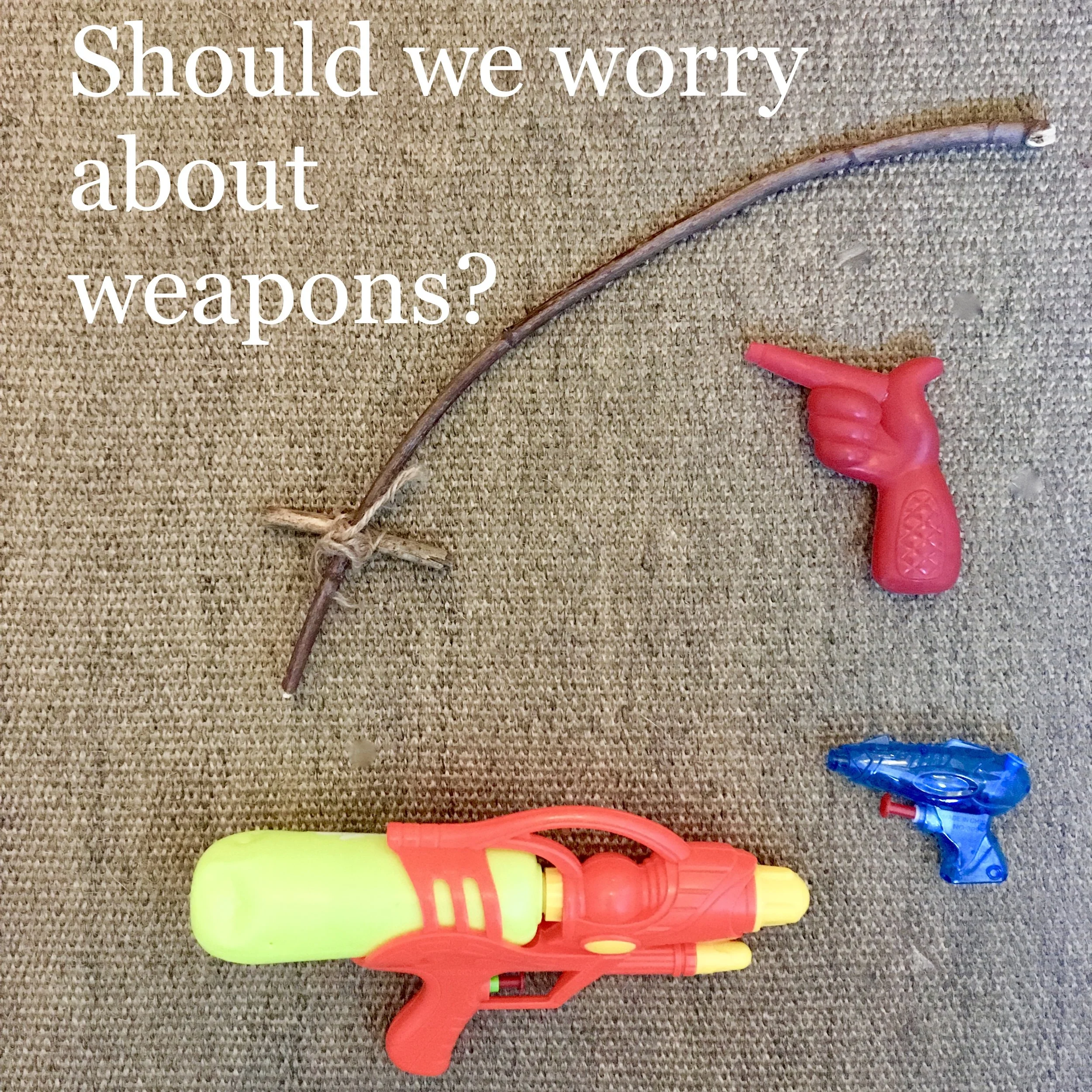Sonshine Book Club: The Power by Naomi Alderman
We read Alderman's award-winning novel with relish - join us in the book club and let us know what you thought.
This blockbuster has divided critics and readers all over the world. The central premise, that women suddenly develop an electrical power which runs through their bodies and radiates out through their hands and hurts others, is brilliant. It means that all the current power struggles are turned upside down. Suddenly women are the stronger ones, the powerful ones.
It’s a long time since I have thought about ‘the weaker sex’, it’s a term I’d shrug off as old-fashioned, linked with rubbished 19th-century hysteria theories. This book made me think again, I wondered what I’d do if I had a skein (the electrical power), would I live my life any differently? The answer was a resounding yes. I would run through the forest near my home, my husband does, I run on the pavement by the houses, where people can see me. I’m scared to run in the forest because if some man wants to attack me he’ll be able to because he’ll very likely be bigger and stronger. I wouldn’t need to walk home nervously from the station after dark with my keys woven through my fingers. I wouldn’t force myself to keep quiet (for my own safety) when a man wolf whistles or shouts obscenities at me on the street. I used to express my anger, but I’ve been screamed at, spat on and once, I told a man off in a bar for continually harassing me on the dance floor, so he threw his pint at me (lovely).
In The Power, at first the women tentatively use their power, it takes time – generations and generations, but eventually the fabric of the culture is rebuilt differently:
“Surely it makes more sense that it was women who provoked the war. I feel instinctively – and I hope you do, too – that a world run by men would be more kind, more gentle, more loving and naturally nurturing. Have you ever thought about the evolutionary psychology of it? Men have evolved to be strong worker homestead-keepers, while women – with babies to protect from harm – have had to become aggressive and violent. The few partial patriarchies that have existed in human society have been very peaceful places.”
I’ve certainly been guilty of subscribing to the thought that a world run by women would be more peaceful, and why? Because of long-held belief systems that are part of the fabric of the culture that tell me time and time again that women are gentle, women are kind, women are thoughtful, women share their feelings, women bond strongly with other women. Women are nurturers.
This book made me look through a new lens at these belief systems. I’ve met women who are not particularly nurturing, I’ve met men who really are. It’s all a myth, I don’t know why we were given these narrow roles thousands of years ago, but I do know they’re entrenched and we’re brought up to fit into them. It’s still insulting to tell a woman she’s not nurturing, it’s very hard for women who cannot have children, or who do not want children to re-configure their place in the world. Men have the playboy character to step into, which might seem better than the spinster, thanks to years of rom-coms and Hugh Grant, but both are one-dimensional spaces. Surely, regardless of gender, lifestyle or reproductive status, not being able to nurture should be an insult to anyone? After all, caring for others, whether that’s children, adults, animals, plants is really human.
As always, the Sonshine book club pulls together books that we've enjoyed or found thought-provoking. Read along, read at your leisure, put them on your holiday read lists, add your comments if you feel like it. No pressure.



